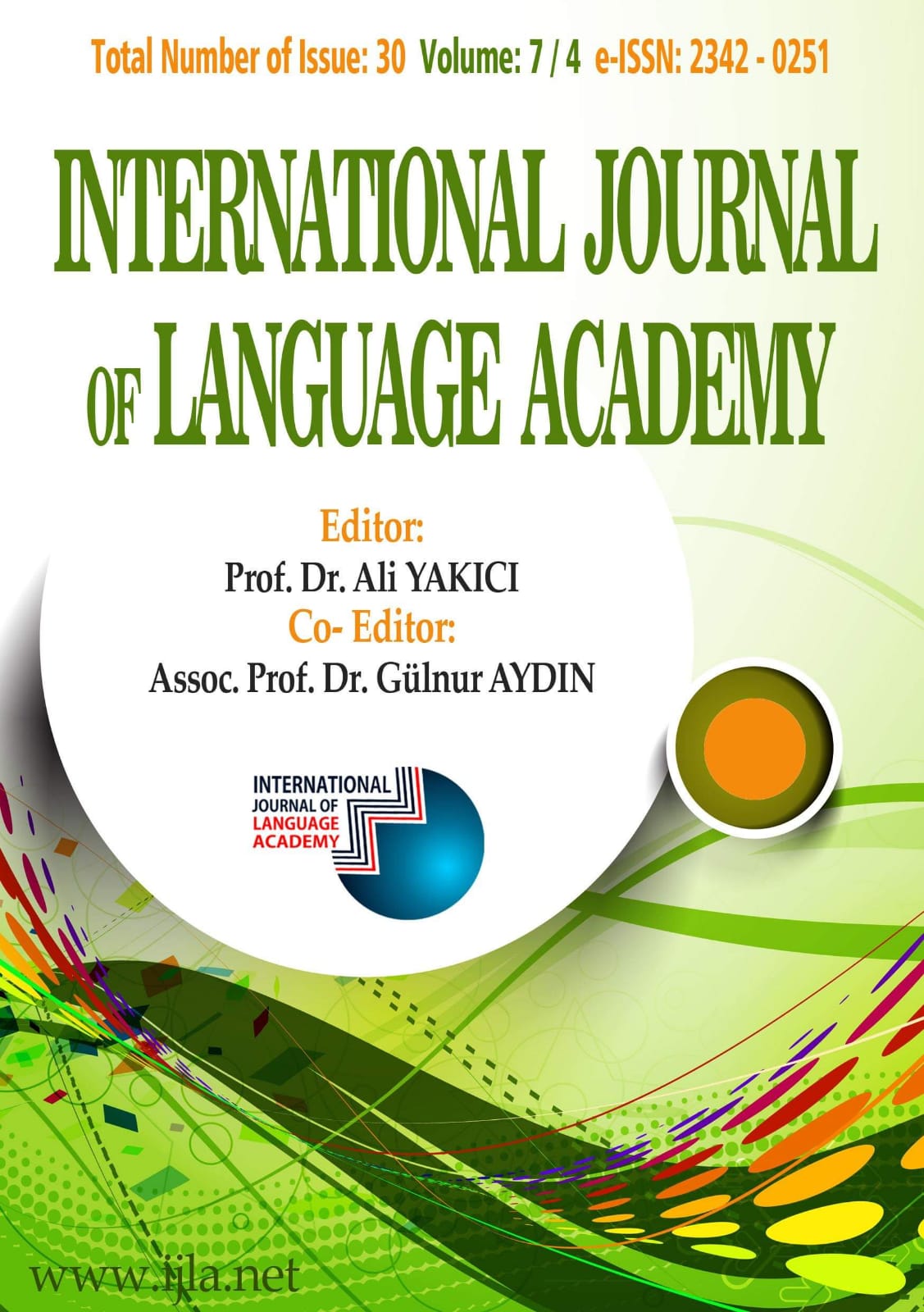Author :
Abstract
Osmanlı’da manzum biçimde kaleme alınan eserler arasında fetvâlar da yer almış ve şeyhülislâm veya müftülerden bazıları fetvâlarını nazmen vermişlerdir. Çok fazla yaygınlaşmayan bu uygulama zaman içinde bir geleneğe dönüşmüştür. Bir çeşit süs ve çeşni gibi görülen bu uygulama ile Türk edebiyatına önemli bir nazım türü de eklenmiştir. Bu fetvâlar 16.yüzyılın ilk yarısından itibaren artarak 18. yüzyıla kadar devam etmiş, sonra azalmıştır. Bu fetvâların başlangıcı 16.yüzyılın ilk yarısında şair kimlikleriyle tanınmış Şeyhülislâm Kemalpaşazade, Sadi Çelebi ve Ebussuûd Efendilere dayandırılabilir. Arapça fetâ kökünden gelen fetvâ sözcüğü, müşkül meselelerin kaynaklarından araştırılarak güçlü cevaplarla çözülmesini anlatan bir sözcüktür. Osmanlı’da manzum fetvâlar kalem ve kelamca güçlü şeyhülislâm veya müftülerce verilmiştir. Bu şeyhülislâmların önde gelenlerinden birisi de padişah hocalığı ile şeyhülislâmlığı bir arada yürütmüş olan Hoca Sadeddin Efendi’dir. Kendisini müteakiben oğul ve torunları da şeyhülislâm, kazasker, müderris, kadı gibi yüksek ilmiye görevleri yapmışlar ve Hoca Sadeddin Efendi’ye nispetle kendilerine Hocazâdeler denilmiştir. Bu ailenin fertlerinin manzum fetvâ vermede bir gelenek oluşturduğu ve her birinin çok sayıda manzum fetvâ ile öne çıktığı görülmektedir. Bunlardan Hocazâde Muhammed Bahâî Efendi tespit edilen 20’ye yakın manzum fetvasıyla en önde yer almaktadır. Araştırmalarımız devam ettikçe bu sayı sürekli değişmekte olup bundan dolayı da yazdığımız makaleler sürekli güncellenmektedir. Bu alienin atası Hoca Sadeddin Efendi’nin manzum fetvalarından bir kısmını daha önce iki makalemizle tanıtmıştık. Bu makalede ise sonradan ortaya çıkan üç adet manzum fetvâsı tanıtılmaktadır.
Keywords
Abstract
Among the verse works written in the Ottomans, fatwas also took their place and some sheikhs or mufti had written their fatwas as poetry. This practice, which has not become widespread, has become a tradition over time. With this practice, which is seen as a kind of ornament, an important verse genre was added to Turkish literature. These fatwas contunied from the first half of the 16th century to the 18th century and then decreased. In the first half of the 16th century, it can be said that Şeyhülislâm Kemalpaşazade, Sadi Çelebi and Ebussuud Efendis, who are known for their poet identities, started these fatwas. The word fatwa, Arapça is a word from the root of the 'feta', that describes the analysis of the from the sources of the problems and the resolution of it with strong answers. In the Ottoman, poetry fatwas were given by the sheikhs or muftis, who were strong in pen and theology. One of the most prominent of these sheikhs is the Hodja Sadeddin Efendi, who conducted the teaching sultan and the sheikh together. Subsequently, his sons and grandchildren also performed high scientific duties such as sheikhülislâm, kazasker, müderris, kadı, and they were called Hodjazads relative to Hodja Sadeddin Efendi. The members of this family seem to have formed a tradition in giving poetry fatwa, each of which is known for giving numerous poetry fatwa. Among these, Hocazâde Muhammed Bahâî Efendi is at the forefront with nearly 20 poetry fatwas determined. As our researches continue, this number is constantly changing and therefore our articles are constantly updated. Hodja Sadeddin Efendi was one of them and we introduced some of his poetry fatwas in our two previous articles. In this article, three later poetry fatwas are introduced.
Keywords
- AKSOY, Mehmet, (1998), Şeyhülislamlıktan Bugüne Şeyhülislamlıktan Diyanet İşleri Başkanlığına Geçiş, Köln.
- DAŞ, Abdurrahman,(2004), Hoca Saadeddin Efendi’nin Hayatı ve Eserleri, Selçuk Üni. Türkiyat Araştırmaları Dergisi, S.14.
- ELİAÇIK, M. (2013), Şeyhülislam Hoca Sadeddîn Efendi ve Manzum Fetvâları, ASOS JOURNAL, 1/1, s. 276-285.
- ELİAÇIK, M. (2019), Şeyhülislam Hoca Sadeddîn Efendi’nin Manzum Fetvâları II, IJLA, 7/3, s. 208-213.
- HEYD, Uriel, (1995), Osmanlı’da Fetvâ Müessesesinin Bazı Tezahürleri, (Çev.Fethi Gedikli), Hukuk Araştırmaları Dergisi.
- IMBER, Colin, (1997), Ebussuud: The Islamic Legal Interpretation, California.
- TURAN, Şerâfettin, (1998), “Hoca Sâdeddin Efendi”, Diyanet İslam Ansk., C.18, İstanbul.
- UZUNÇARŞILI, İ.H., (1965), Osmanlı Devletinin İlmiye Teşkilatı, TTK, 2.bsk., Ankara.
